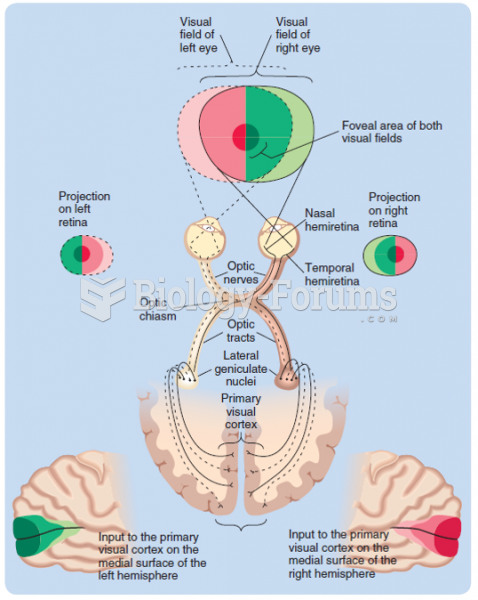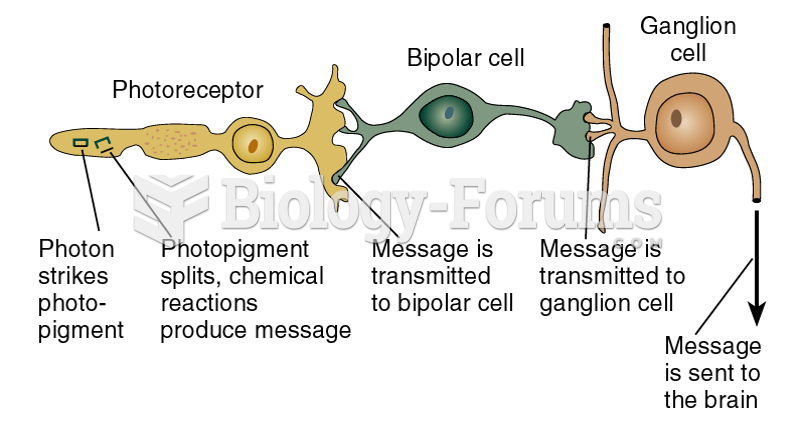|
|
|
Pregnant women usually experience a heightened sense of smell beginning late in the first trimester. Some experts call this the body's way of protecting a pregnant woman from foods that are unsafe for the fetus.
Nitroglycerin is used to alleviate various heart-related conditions, and it is also the chief component of dynamite (but mixed in a solid clay base to stabilize it).
Children of people with alcoholism are more inclined to drink alcohol or use hard drugs. In fact, they are 400 times more likely to use hard drugs than those who do not have a family history of alcohol addiction.
Everyone has one nostril that is larger than the other.
In 1835 it was discovered that a disease of silkworms known as muscardine could be transferred from one silkworm to another, and was caused by a fungus.
 Frederic Edwin Church conveyed the romantic sensibility in Twilight in the Wilderness (1860). The cl
Frederic Edwin Church conveyed the romantic sensibility in Twilight in the Wilderness (1860). The cl
 Use the test light to check for voltage at terminal 30 of the relay. The ignition may have to be in ...
Use the test light to check for voltage at terminal 30 of the relay. The ignition may have to be in ...





